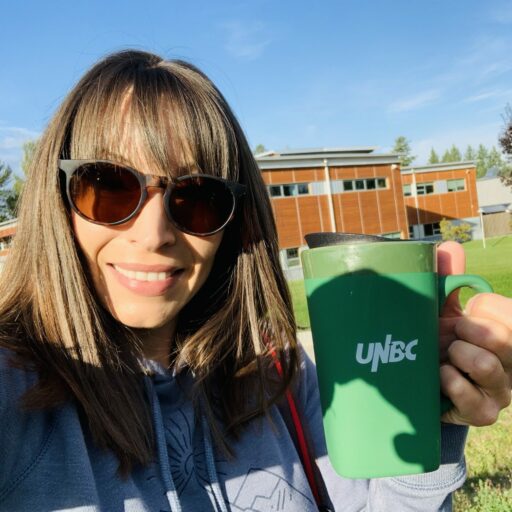When I think about a favorite teacher from my past—one who I learned a great deal from, who helped me to develop my potential and who made me feel at home in the classroom—I immediately think of my grade four/five teacher. She was the most caring, kind-hearted, intelligent, open-minded teacher I have had the privilege to learn from. She had high academic standards, but did not seek perfection, only effort and growth. Her mission was to meet each student where they were, not where they ought to be. Lessons were carefully crafted and articulated, definitely not run of the mill one size fits all teaching. Students were given a broad range of learning activities and we had the opportunity to work individually, in small groups, and as a class. While there were more traditional, standardized units in phonics, reading, spelling, and math, there was also a great deal of project-based and inquisitive learning opportunities (even before they became the buzz of recent years), especially in science, social studies, and what we know call career/health. This teacher ensured that every student was valued and she never made anyone in the class feel “lesser than” (less smart, less worthwhile, etc.). She had high ethical and behavioural standards and every student was expected to have manners and respect—not just toward her, but toward one’s self, our peers, and our school community.
As a student in her class, I never thought of her philosophies, I just thought she was amazing: she was a superhero and I wanted to be just like her when I grew up!! Looking back, knowing what I do now, I would have to say that she drew on all of the philosophies of education at some time or another—just as I aspire to do! She mixed them together under the perfect “philosophical umbrella” and somehow made the perfect concoction. I see Essentialism in how she taught me how to spell and learn my multiplication tables. I see Perennialism in the way she was always giving positive reinforcement. I see Progressivism in the times she gave us free reign in deciding the focus of our country assignments in social studies and in the topics of our science experiments. I see Critical Pedagogy in the way she brought the importance of humanism into the classroom and how she modelled behaviours that, somehow, we all seemed to mirror without castigation.
Now, when I think about my least favorite teacher—that teacher who I simply could not (did not) learn from, who interfered with my personal growth, and who created a sense of unease in the classroom—I think of my high school math teacher who was, simply put, categorically awful!! The saying, “no question is a bad question”, did not sit well with him. He thought that almost every question was a bad question and he would let you know exactly that, not so discreetly. At every opportunity, he would humiliate students in class. It seemed that every time he made a student feel “stupid”, he felt that much more powerful. There was no communication or collaboration, only his voice lecturing the entire duration of class. There was zero opportunity to do our work in the classroom and therefore no chance to bounce ideas off peers, or him if a student was ever so brave to ask him a question or seek his help. The character traits of this teacher shut down my learning, they certainly stunted my personal growth in mathematics, and they absolutely made me and my peers uncomfortable. Knowing what I do now, the philosophy of education that this teacher seemed to aspire to was very stringent Essentialism. Definitely not the philosophy, alone, that I will aspire to as a teacher!!




